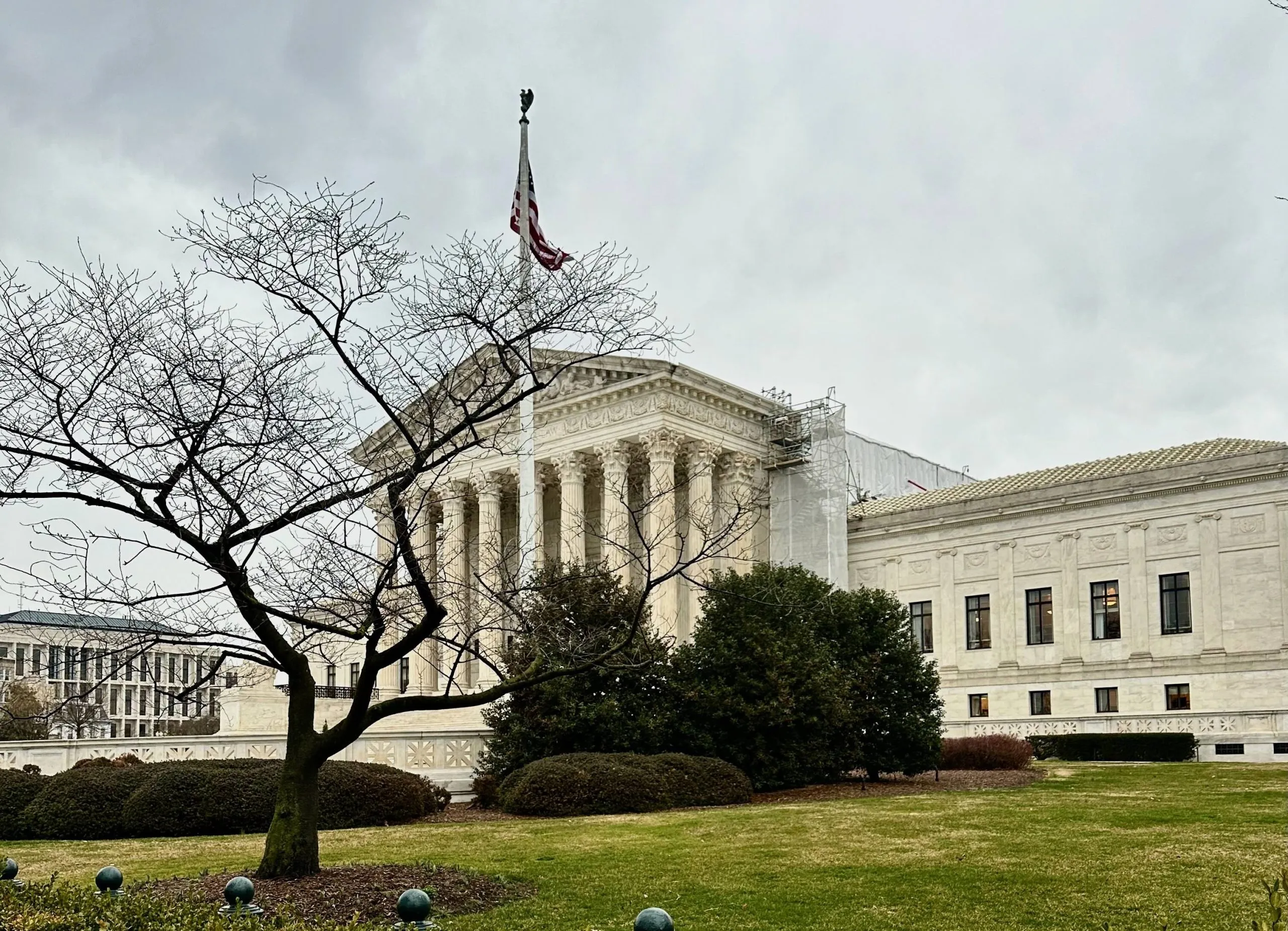
US Supreme Court is considering Trump’s proposal to restrict birthright citizenship
Trump’s edict, according to the plaintiffs, violated the 14th Amendment, which has long been thought to grant citizenship.
The attempt to execute an executive order restricting birthright citizenship by former President Donald Trump has been discussed by the US Supreme Court.
Trump wants to change a long-standing interpretation of the US Constitution, and if it is supported, the decision could affect thousands of babies born each year.
The government has submitted an urgent motion to the court to narrow the scope of injunctions granted by federal judges in Massachusetts, Washington, and Maryland.
Judges have ruled that Trump’s order probably violates the 14th Amendment’s citizenship clause, and as a result, these injunctions are presently blocking the directive worldwide.
The goal of Trump’s order, according to US Solicitor General D. John Sauer, was to “protect the meaning and value of American citizenship” during the hearing.
Additionally, he argued that federal judges are not authorized to issue national injunctions, referring to their growing use as a “pathology.”
President Trump issued the directive on January 20, his first day back in office, instructing federal agencies to refuse citizenship to children born in the United States who do not have at least one parent who is an American citizen or lawful permanent resident.
The plaintiffs contend, however, that the order is unconstitutional because the 14th Amendment has always granted citizenship to nearly everyone born in the States.
Ratified in 1868, the amendment was intended to undo the Dred Scott v. Sandford decision from 1857, which denied Black people citizenship.
The original objective of the amendment, according to Sauer, was to offer citizenship to the offspring of former slaves rather than to “illegal aliens or temporary visitors.”
The legitimacy of global injunctions and the legality of Trump’s order were among the legal issues brought up by the court, which had a conservative majority of 6-3.
Liberal Justice Sonia Sotomayor said the order goes against long-standing Supreme Court rules on citizenship and raised concerns that it may leave thousands of youngsters stateless and unable to receive government benefits.
If the ruling is implemented, the plaintiffs predict that over 150,000 newborns could be denied citizenship each year. Immigrant rights activists and 22 states’ Democratic attorneys general have contested the decision.
The government contends that people who are in the nation unlawfully or who have temporary legal status, such laborers or students on visas, are not covered by the citizenship clause.
It might take years to decide whether the directive is lawful, according to Justice Elena Kagan, who questioned the practical ramifications of not having a countrywide injunction. Concerns regarding the possible hold-up in making a final ruling were shared by Conservative Justice Amy Coney Barrett.
According to Sauer, federal judges have issued 40 worldwide injunctions against Trump’s initiatives since he returned to the presidency.
Such injunctions have increased over the last three decades, according to Conservative Justice Clarence Thomas, who also stated that they go beyond the bounds of judicial jurisdiction and violate the separation of powers outlined in the constitution.
The government has asked that any injunction be restricted to the 22 states who are parties to the lawsuit, leaving the other 28 states free to implement the policy.
The states that opposed the decision, represented by Jeremy Feigenbaum, countered that this would violate the 14th Amendment’s uniform nationwide application by resulting in different citizenship rights based on the state of birth.
The United States v. Wong Kim Ark Supreme Court decision from 1898, which has been construed as confirming the citizenship of children born in the US to non-citizen parents, was another source that Feigenbaum mentioned.
The administration argues that only children of parents who have a permanent residency in the nation were covered by the verdict, making it more limited.
There are important legal and societal ramifications to the court’s anticipated ruling.
All Categories
Recent Posts
Tags
+13162306000
zoneyetu@yahoo.com



